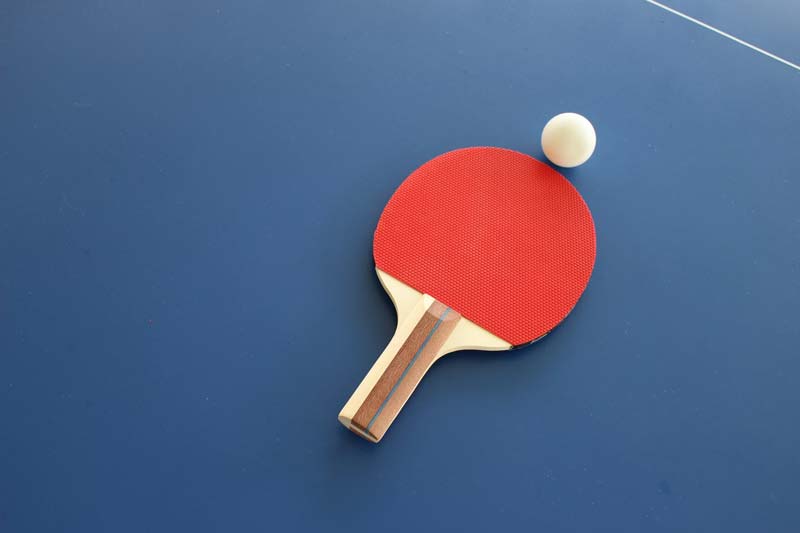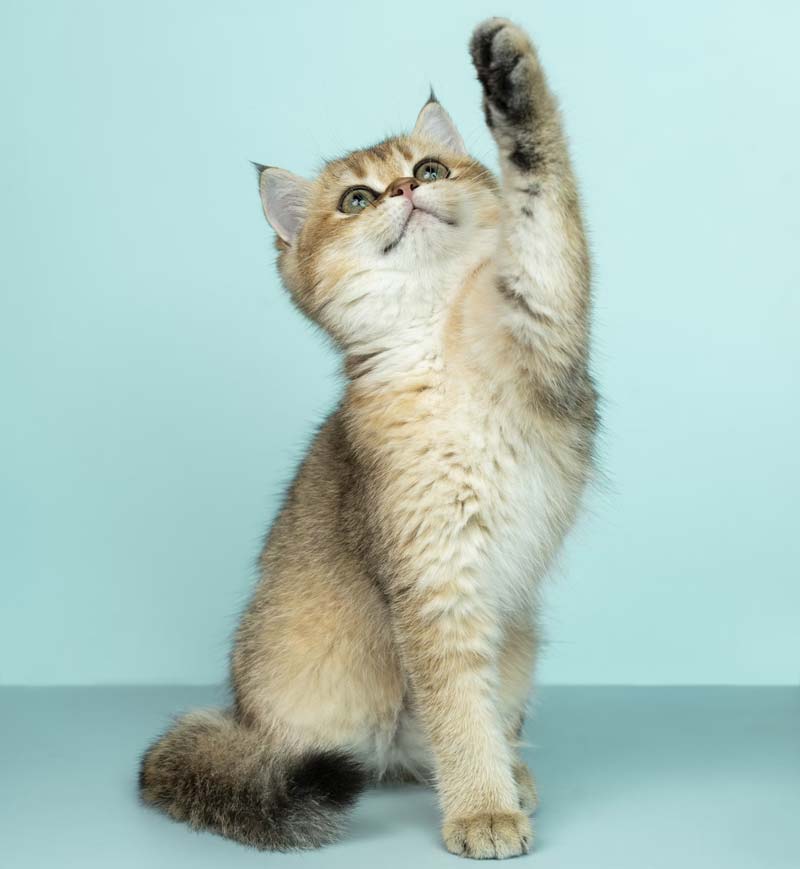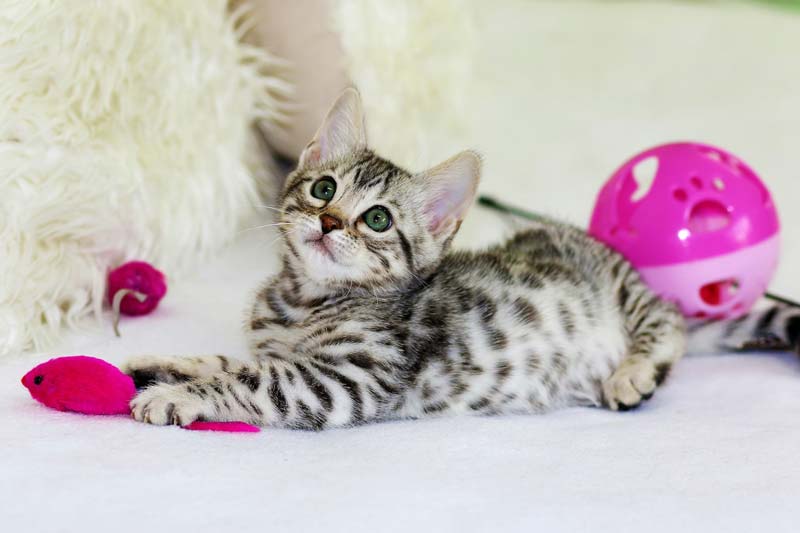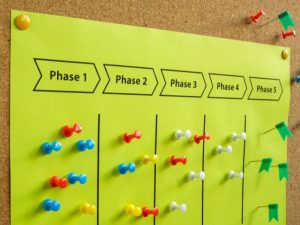The Quirky World of Left-Handed Kittens: Can They Play Ping Pong?
Kittens are undoubtedly some of the most endearing and playful creatures on this planet. Their boundless energy and curiosity lead them to explore the world around them in the most delightful ways. But what happens when a kitten is left-handed? Can they still engage in the playful antics we associate with their right-pawed counterparts, such as playing ping pong? In this whimsical exploration, we delve into the world of left-handed kittens and discover if they can indeed hold their own on the ping pong table.
Understanding Feline Handedness
Before we leap into the world of ping pong, let’s take a moment to understand feline handedness. Much like humans, cats can be left- or right-pawed, and some are even ambidextrous. This handedness is known as “lateralization” and can be observed in various activities, from paw preference while reaching for toys to the way they groom themselves.
In a study published in the journal “Animal Behaviour,” researchers found that approximately 40% of cats exhibit a distinct paw preference when performing tasks, with a slight majority favoring their right paw. However, this still leaves a substantial portion of our feline friends who might just be southpaws.

Left-Handed Kittens at Play
Now that we’ve established that left-handed cats are not a rarity, let’s explore whether they can take on the challenge of ping pong. While it’s unlikely that you’ll find a feline-sized ping pong table anytime soon, we can draw some conclusions based on their general agility and coordination.
1. Natural Agility:
Kittens, regardless of their paw preference, possess a remarkable degree of agility. They can leap, twist, and pounce with astonishing precision. Left-handed kittens are no exception in this regard. Their natural athleticism means that they can adapt to various activities, including a hypothetical game of ping pong.
2. Fine Motor Skills:
Playing ping pong involves swift and precise movements, such as swatting at a fast-moving ball. Kittens, being naturally curious and quick learners, might quickly adapt to the task. Left-handed kittens may simply use their dominant paw, just as a right-handed kitten would use its right paw.
3. Playful Nature:
Kittens have an innate playfulness that drives them to explore and interact with objects in their environment. Ping pong balls, with their lightweight and unpredictable movements, could easily capture the attention of both left- and right-pawed kittens. Their playful nature might make them willing participants in this imaginative game.
The Role of Training
While left-handed kittens may have the inherent capabilities to play ping pong, training and encouragement play a vital role in honing their skills. Training kittens to play ping pong, or any other game, is a process that involves patience, positive reinforcement, and consistency.
1. Positive Reinforcement:
Reward-based training can be highly effective for teaching kittens new skills. Using treats or toys as rewards for engaging in ping pong-like activities can encourage them to continue playing and improving.
2. Consistency:
Consistency in training is key. Regular play sessions with appropriate ping pong-like toys can help kittens build their confidence and coordination over time.
3. Playtime Bonding:
Playtime is not just about honing skills; it’s also an opportunity for bonding. Spending quality time engaging in playful activities like ping pong can strengthen the bond between kittens and their human companions.
Safety Considerations
It’s essential to remember that the primary objective of any playtime activity with kittens is their well-being and enjoyment. Here are some safety considerations when engaging in ping pong-like play:
1. Safe Toys:
Ensure that the ping pong ball or any other toy used in the game is safe for kittens. Avoid small objects that could be swallowed or pose a choking hazard.
2. Supervision:
Always supervise playtime to prevent accidents or injuries. Kittens may get overexcited during play, and it’s crucial to step in if things become too intense.
3. Gentle Handling:
Handle kittens gently and with care. Avoid any rough play that could harm them.
4. Age-Appropriate Activities:
Tailor the activities to the age and abilities of the kitten. Younger kittens may need simpler games, while older kittens can engage in more complex activities.
Conclusion
While the idea of left-handed kittens playing ping pong is a playful and imaginative one, it’s important to remember that the world of kittens is filled with endless possibilities. Kittens, regardless of their paw preference, are incredibly adaptable and agile creatures, and they thrive on play and exploration.
If you have a left-handed kitten (or even a right-handed one), engaging in imaginative playtime activities can be a delightful way to bond and provide mental and physical stimulation. Whether it’s ping pong, feather wands, or laser pointers, the key is to create a safe and enjoyable environment for your feline friend to express their natural playfulness and curiosity.
So, can left-handed kittens play ping pong? While a full-scale ping pong match may remain a whimsical dream, there’s no doubt that left-handed kittens can excel in their own unique and charming ways when it comes to playful interactions and games.







